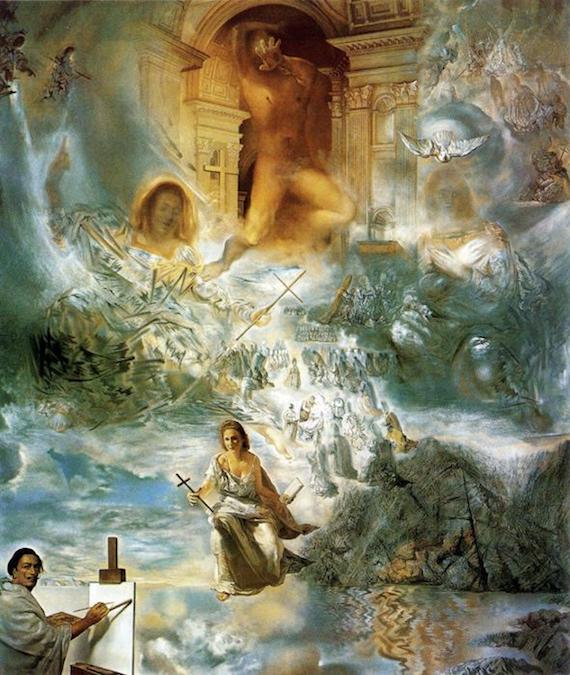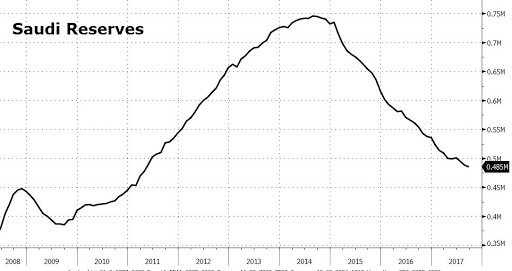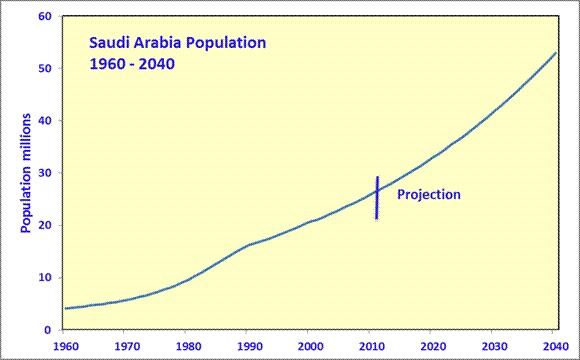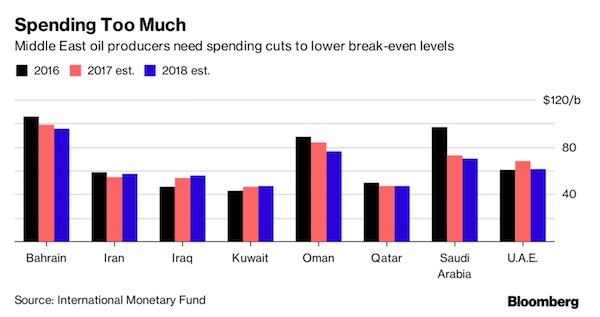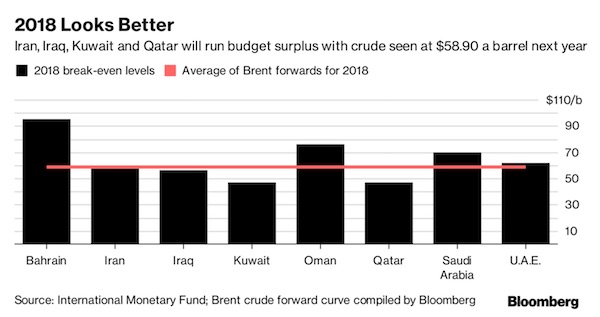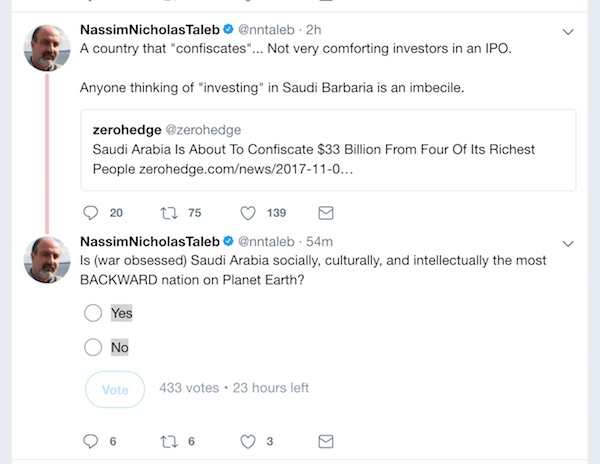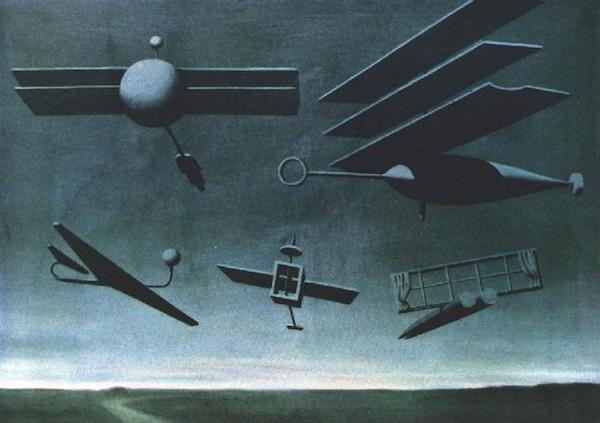
René Magritte The black flag 1937
One thing I am not is an expert on Venezuela. What I know is the country has the world’s largest oil reserves, mainly in the Orinoco Belt, but they come in a form of tar sands that while they are not as hard to exploit as Canada’s (viscosity), they’re far from easy, and buried deep. And I know Venezuela had Hugo Chávez as its president, who, for a socialist, was quite successful at what he did (depending who you ask).
And I know of course that the US yesterday recognized an opposition leader, Juan Guaido, as the ‘real’ president of Venezuela, instead of the elected Nicolas Maduro, whom Chávez picked as his successor. Soon as I read that, I thought: CIA. If Chávez, and Maduro, are hated in one place in the world, look no further than Langley, Virginia.
So I looked up a few articles I though would be interesting to read. The first comes from a site called Venezuela Analysis, an entity recommended for Venezuela news. They had the article below, but also this enlightening picture:
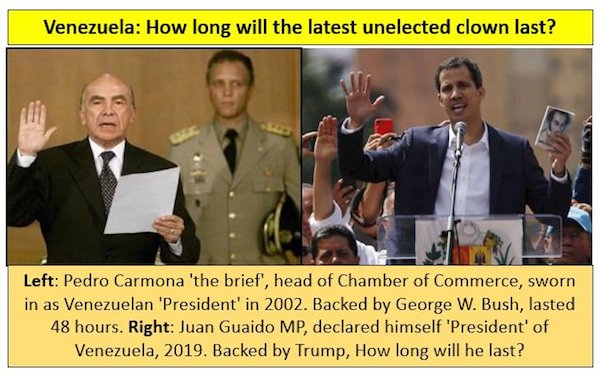
Note: in 2002, coincident with the attempted coup against Chávez, half the employees at state oil company PDVSA went on strike. They must have felt like clowns, too, 48 hours later.
The article explains what happened in terms you can find everywhere (but are perhaps good to note), except for the last bit:
Venezuelan Opposition Leader Guaido Declares Himself President, Recognized by US and Allies
Opposition leader Juan Guaido swore himself in as “interim president” of Venezuela on Wednesday, a move which was immediately recognized by the United States and regional allies. “As president of the National Assembly, before God and Venezuela, I swear to formally assume the competencies of the national executive as interim president of Venezuela,” he declared before an opposition rally in eastern Caracas.
Guaido had already proclaimed on several occasions that he was “ready” to assume the responsibilities of the executive branch, as the US was reportedly considering recognizing him as “interim president.” US authorities reacted swiftly, with President Donald Trump, Secretary of State Mike Pompeo and Senator Marco Rubio immediately voicing their recognition of Guaido as Venezuela’s interim president.
“I will continue to use the full weight of United States economic and diplomatic power to press for the restoration of Venezuelan democracy,” Trump said in a statement. Washington’s regional allies, including Canada, Brazil, Argentina, Colombia and other members of the so-called Lima Group, were quick to follow suit, giving their backing to the 35-year-old opposition politician.
The Lima Group had set the tone in early January with a statement refusing to recognize Maduro’s second term. Meanwhile, Cuba and Bolivia expressed their support for Maduro, while Uruguay and the new Lopez Obrador government in Mexico refused to recognize Guaido as president and called for dialogue to “avoid an escalation of violence.” Russia and Turkey likewise indicated that their relations with Maduro administration were unchanged.
This last paragraph may be the most important and revealing bit of news we see today:
[..] Torino Capital Chief Economist Francisco Rodriguez, who advised defeated opposition presidential candidate Henri Falcon last year, wrote on Twitter that the recognition from the Trump administration makes it possible for Guaido, or a presumed transition government, to take charge of Venezuelan assets on US soil, such as state oil company PDVSA’s largest subsidiary, CITGO. It could also prevent the Venezuelan government from invoicing payments for oil shipments.
Without CITGO life becomes hard for Maduro, very hard. The company has extensive refining and chemicals capacity in the Houston area, but the US hasn’t been able to touch it until now. If they get enough allies to recognize their CIA puppet as president, they can close it down, sell it off to Exxon, anything they want. But we’re not there yet.
Russia has been very outspoken in its opinions about what’s going on. Its Rosneft oil company has large assets in Venezuela. Just like China has huge loans outstanding in the country. And though it’s hard to gauge how strong the people’s support is for Maduro (don’t believe everything you read), there’s no doubt where the army stands. The whole top brass was on TV today pledging loyalty to the government.
Turkey also came out strong in favor of Maduro. A Turkish site named Yeni Safak talks about social media as an intelligence tool:
CIA Launches Media Campaign To Ignite Protests Against Venezuela’s Maduro
The CIA is backing Washington’s decision to recognize Venezuela’s opposition leader Juan Guaido as president by manipulating the public opinion against democratically-elected President Nicolas Maduro and the legitimate government over social media platforms. [..] Millions of posts designed to instigate Venezuelans against the country’s legitimate president, Nicolas Maduro, were shared in a very short time to kindle a social unrest against Maduro.
Assoc. Prof. Dr Levent Eraslan unveiled the striking details of the U.S’s perception and deception strategies [..] Stressing the U.S. national intelligence’s strategy report in 2019 that consists Pentagon’s intervention in Venezuelan politics, Eraslan said, “The role of ‘machine learning’ and providing data to decision makers by determining political instabilities through social media were emphasized in the report.”
Noting that thousands of tweets that have been shared from different accounts in the last two days, “People are being called to take streets to overthrow the elected president. The efforts to trigger rebellion and push this process into a bloody situation through social media networks such as Twitter, YouTube, and Facebook can be observed,” he concluded.
This is from Volkan at DutchTurks; nothing is new (except Facebook as a regime change instrument):
This coup in #Venezuela is brought to you by the CIA. #CIA, changing governments we don't like since 1953. pic.twitter.com/6aQHTun9Ns
— Volkan Türk (@vulkaanrots) January 23, 2019
Hugo Chávez was president of Venezuela from 1999 to his death of cancer in 2013. Whatever you may think of the man, and you don’t have to think hard to know what the CIA thought of him, have you ever wondered why the rampant runaway inflation the country has suffered lately, and which has been blamed by many on ‘socialism’, was not happening while socialist Chávez was alive? This from a site named War Is Boring provides at least some ideas as to why.
To Understand Venezuela’s Crisis, Look to the Past … and the CIA
Chavez died of cancer in 2013, and now five years later it seems that his socialist dream, like Allende’s, has failed. Under his successor Pres. Nicolas Maduro, Venezuela has descended into economic and political chaos. Hyperinflation has beset the country, with prices rising at an annualized rate of 1,000,000 percent.
Shortages of basic necessities such as toilet paper and bread have caused mass unrest, culminating in violent protests. Now there is open talk about the need to overthrow Maduro or remove him from power, perhaps through U.S. military intervention.
[..] In Venezuela the figure of Chavez precluded an overthrow of the government there. We know this for a fact because a coup against him in 2002 lasted a matter of hours before mass uprisings and a lack of support from the military forced the plotters to surrender. Chavez was a controversial figure, hated by significant elements of Venezuelan society, but beloved by a majority of the largely poor country and respected by the military.
Chavez announced the return of his cancer in the fall of 2012 and died in March 2013. The current economic crisis kicked into high gear in the late summer of 2012, with inflation — typically high, but manageable — suddenly growing at an exponential rate. The cause typically cited by Western media — a precipitous fall in oil prices — occurred a full two years after the crisis began.
[..] Since 2012 Venezuela has faced a twin plague of shortages and rampant inflation. Venezuelan economist Pasqualina Curcio makes the case in her 2016 book The Visible Hand of the Market: Economic Warfare in Venezuela that both phenomena cannot be explained through normal economics, but rather by political causes.
Shortages have been a feature of Venezuelan life since Chavez came to power in 1999, with their magnitude growing over time. Yet over the course of years when Venezuela saw steadily and then sharply increasing shortages both imports and domestic production were also rising. If more products are being brought into the country, and more are being produced, but consumers are experiencing shortages, it begs the question of where the stuff went.
[..] As for inflation, the factors typically involved with currency devaluation–a shortage of foreign reserves or increased liquidity–have not coincided with inflation spikes. Nor has the state hoarded foreign currency as many claim. Curcio shows that 94 percent of foreign reserves were distributed to the private sector, and these distributions have grown over time.
It appears that manipulation of currency black markets — a phenomenon that happened in Chile under Allende as well — and then adoption of this inflated exchange rate by importers to spike the costs of necessary goods, services, and industrial inputs neatly produces the sort of induced inflation plaguing Venezuela today.
Russian foreign minister Lavrov put it nice and succinctly:
The US, which is paranoid about somebody interfering in their elections, even though they have no proof of that, themselves are trying to rule the fates of other peoples. What they actually do is interfere in their internal affairs. There is no need for [US special counsel Robert] Mueller to determine that.
American regime change in other countries is something that perhaps the rest of the world is getting tired of. America instigating chaos in its own southern backyard, like it has for years in the Middle East and North Africa, is getting old in the eyes of many. And the CIA can get Trump to support their puppet, but Trump knows nothing about Venezuela, other than that there’s lots of oil there, and that makes him a CIA puppet too.
Not a good idea.
A lot of what has led up to the present coup has been the US flexing its financial muscle. But the American economy isn’t doing all that great, so it’s not just flexing that muscle, it’s also stretching it. And yeah, there’s an old set of Venezuelan domestic interests that has been faithful, just like there was one in Cuba, but that’s all in the past. That was way back when the US could get away with bullying the whole neighborhood.
And it shouldn’t want to do that anymore. Neither the bullying nor the living in the past.
Not good ideas either.


